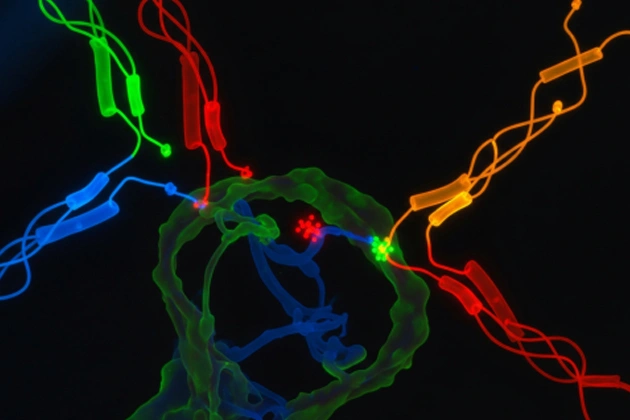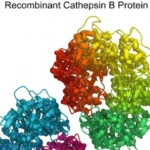Lung cancer is one of the most prevalent and deadly cancers worldwide. Approximately 1.8 million people die from lung cancer every year. However, the advancement in molecular biology and immunology has made it easier to understand the complex signaling pathways that lead to tumor growth, progression, and resistance to therapy.
Researchers use phospho-specific antibodies to study these signaling pathways. This is because these antibodies specifically target proteins only when they are phosphorylated at particular amino acid residues. This helps researchers to investigate dynamic cellular processes at a much higher resolution.
So, what is phosphorylation and its importance in cancer?
Phosphorylation is a reversible post-translational modification in which a phosphate group is added to amino acids like serine, threonine, or tyrosine on a protein. This modification, regulated by enzymes such as kinases and phosphatases, alters the structure and function of proteins. As a result, this helps control various cellular functions, such as growth, apoptosis, cell cycle progression, and signal transduction.
In cancer, abnormal phosphorylation often leads to dysregulated signalling pathways. This leads to uncontrolled cell divisions, resistance to apoptosis, angiogenesis and metastasis. So, understanding phosphorylation events help in identifying molecular changes involved in the onset and progression of lung cancer.
What are Phospho-Specific Antibodies?
Phospho-specific antibodies are immunological tools designed to bind specifically to phosphorylated proteins, which aid in differentiating them from their non-phosphorylated counterparts. These antibodies are produced by immunizing animals with peptides that mimic the phosphorylated epitope of the target protein. In response, the host’s body produces antibodies that can detect only the phosphorylated proteins at a specific site.
These antibodies are usually used in various research techniques, such as WB, IHC, ELISA, flow cytometry, and more, to monitor phosphorylation-dependent signaling events.
What is the Role of Phospho-Specific Antibodies in Lung Cancer?
Signaling Pathway Analysis
Lung cancer, especially non-small cell lung cancer (NSCLC), is frequently driven by abnormal signaling pathways such as EGFR (epidermal growth factor receptor), ALK (anaplastic lymphoma kinase), and KRAS. So, phospho-specific antibodies allow researchers to track the activation status of these pathways by detecting phosphorylated signaling molecules.
Scientists use phospho-specific antibodies to check if this EGFR protein is active in a patient’s tumor.
This is because phosphorylated EGFR proteins in lung cancer cells show that the cancer is more aggressive and may respond to certain drugs like gefitinib or erlotinib.
This further helps clinicians understand which patients might benefit from specific treatments. This also helps create personalized treatment plans based on how each person’s cancer behaves.
Monitoring Drug Response and Resistance
Drug resistance is the biggest challenge clinicians face when it comes to cancer treatments. Tumors are sensitive to targeted therapies and evolve to avoid drug effects. At times, phospho-specific antibodies help monitor how signaling pathways respond over time to the treatment.
By comparing the before and after levels of phosphorylated proteins help researchers detect:
- Compensatory pathway activation
- Reactivation of the target kinase
- Identifying the bypass signaling loops
For instance, researchers may use phospho-ALK antibodies in patients treated with ALK inhibitors like crizotinib to check whether ALK signaling remains suppressed or if another mutation is activating the pathway. This helps find the right treatment plan and develop second-line therapies.
Application in Biomarker Discovery
Last but not least, phospho-specific antibodies are crucial for identifying biomarkers that help in diagnosis, prognosis, and therapeutic response. By screening tumors using phospho-antibodies, researchers can identify phosphorylation patterns specific to a certain lung cancer subtype. This helps predict clinical outcomes, determine eligibility for targeted therapies, and identify new therapeutic targets.
The Bottom Line
Now that you know how phospho-specific antibodies help in lung cancer diagnosis, prognosis and understand treatment efficacy, what are you waiting for? Find a reliable supplier like AAA Biotech who can provide you high-quality phospho-specific antibodies for your research projects. Otherwise, you may end up compromising on your final outcomes.










